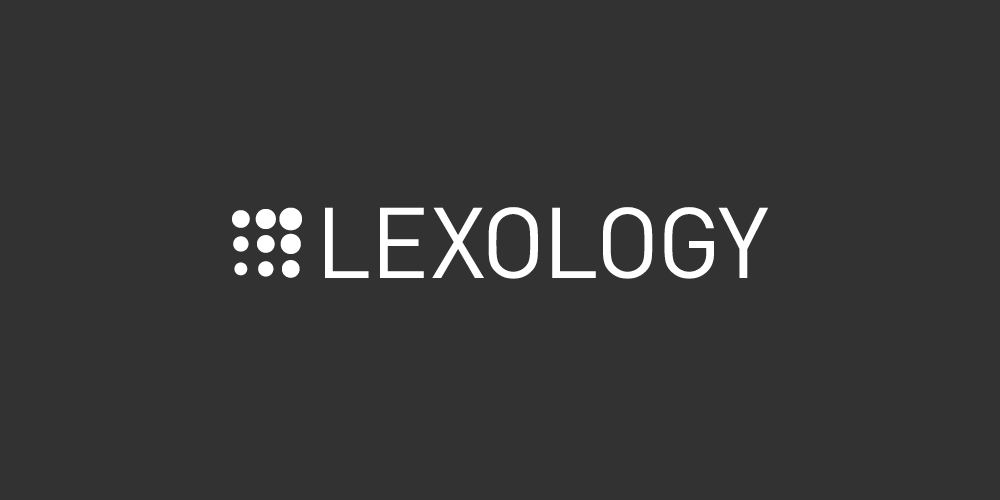Review your content’s performance and reach.
Become your target audience’s go-to resource for today’s hottest topics.
Understand your clients’ strategies and the most pressing issues they are facing.
Keep a step ahead of your key competitors and benchmark against them.
add to folder:
Questions? Please contact [email protected]
Despite the minimal regulatory enforcement actions against blockchain game companies and NFT issuers, now is NOT the time to become complacent about regulatory issues. As indicated below, many U.S. agencies are increasing their focus on regulatory enforcements in the crypto space and NFTs are no exception. In 2022, we saw U.S. regulators ramp up staffing for more enforcements. All of this was happening before the FTX debacle. Things are only going to intensify in 2023 as a result of FTX. Some of the areas to remain focused on include the following.
Also, the number of lawsuits relating to the misuse of IP and other IP issues in connection with NFTs is increasing. While two high profile NFT-related IP lawsuits settled in 2022 (Roc-A-Fella Records, Inc. v. Damon Dash and Miramax, LLC v. Quentin Tarantino et al), a number of big cases are pending on these issues, including:
The Uniform Law Commission adopted amendments (including a new Chapter 12) to the Uniform Commercial Code (UCC) to govern the transfer of digital assets, including cryptocurrency, digital tokens and non-fungible tokens (NFTs). The amendments span almost every article of the UCC and add a new Article 12 addressing certain types of digital assets defined as "Controllable Electronic Records" (CERs). The amendments provide new default rules to govern transactions involving these new technologies Several states have adopted or are in the process of adopting the changes and others plan to do so.
One of the great things about NFTs and blockchain games is that they are just getting started. As more companies adopt NFTs and more game studios enter the space, more competition will result. This will undoubtedly drive continued experimentation and new developments. As these offerings evolve, new legal issues will continue to arise. The regulators are falling behind on enforcement based on the current state of technology. As the pace of NFT and blockchain game innovation increases, it will be harder and harder for regulators to develop clear guidance. This lack of clarity will continue to result in challenges for companies seeking to be regulatorily compliant. This will increase the need for such companies to seek counsel from lawyers who truly understand the NFT and blockchain game space and can help advise on issues where there is lack of regulatory clarity.
add to folder:
If you would like to learn how Lexology can drive your content marketing strategy forward, please email [email protected].
© Copyright 2006 – 2023 Law Business Research
Author
Administraroot


